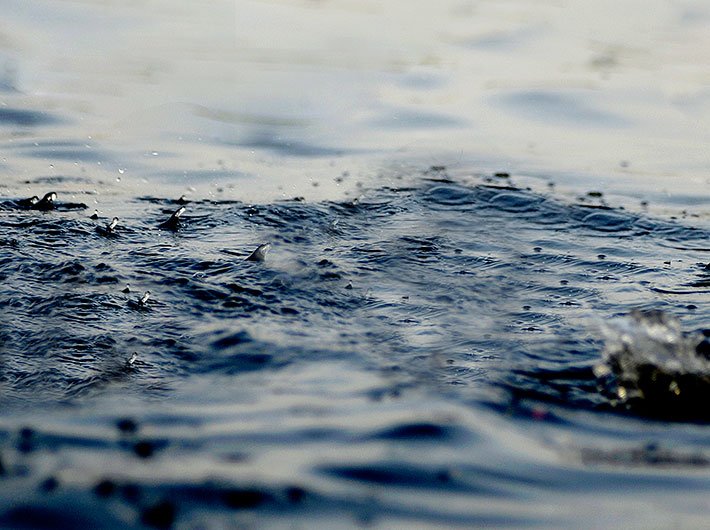Of the many thought-provoking stories by literary legend Premchand, there is one about a landlord’s arrogance and water scarcity. It is titled ‘Thakur ka Kuan’ (the landlord’s well) and perhaps now is a right time to revisit it.
A villager named Jokhu is quite ill and badly wants a sip of water. There is a common well for villagers but its water has been contaminated by a carcass, thus, no longer remaining fit for drinking. The only other well nearby belongs to a landlord but asking him for water means getting beaten up by his henchmen. Jokhu’s wife Gangi is desperate to find a way out; she can no longer see her husband’s agony. After much thought, Gangi decides to steal water from the landlord’s well.
So, after everyone goes inside their homes, under the cover of the night Gangi creeps towards the well with a bucket in hand. Just when she is pulling out water from the well, the landlord’s voice is heard. Gangi panics, leaves everything behind and runs towards her house without looking back. Upon reaching home, she unfortunately sees her husband drinking the contaminated water as he could no longer hold his thirst.
Gangi was lucky to have escaped the wrath of the landlord but not everyone is in the current uninvited and overstayed season of drought in the many states of India. One such person, who was not so lucky, lived in Madhya Pradesh’s Alirajpur district. She was just 13 when she was shot in the eye with an arrow for drawing water from a so-called private hand-pump by its claimed owner. On April 10, when Surmada’s house in Chhota Bhawata village, Alirajpur, went short of water, she along with her brother and uncle went to fetch water from a nearby hand-pump. They managed to find one but it apparently belonged to one Inder Singh. When the three tried to draw water from the pump, Inder and his son came out of their house and asked them with whose permission they were taking out water. A heated argument followed and soon, Inder and his son took out bows and arrows and started shooting at the trio. One of the arrows pierced the left eye of Surmada, leaving her dead.
This, however, was not to be a one-off case of death for pursuing water. Nine days later, a 12-year-old girl died while on her way to find water. Yogita Ashok Desai, the girl, had gone to fill water from a hand pump near her village, Sabalkhed, in drought-hit Beed district of Maharashtra. After making four trips to fetch water under the scorching sun, she was left dehydrated. While making her fifth trip, she collapsed. Two days later, an 11-year-old boy, Sachin Gopinath Kedar of Veeda village (also in Beed) died after slipping into a well from where he was fetching water.
Cattle, too, was not spared. In its survey of Bundelkhand, the not-for-profit Swaraj Abhiyan said that the region’s 41 percent villages in Uttar Pradesh and 21 percent in Madhya Pradesh reported more than 10 unnatural cattle deaths in just one month. The survey was conducted in 79 villages of UP and 43 of MP.
In more facts, 2,422 people died due to heat wave in India in 2015, as per the data of the National Disaster Management Authority. This was a dramatic jump from the previous year’s figures when 1,677 people had succumbed to the heat. In April, the centre informed the supreme court that 33 crore people in 2.5 lakh villages of the country were facing water shortage.
And this is not just the problem of drought-hit areas; water today is calling for a serious attention from places that already have a river or a lake – be it the Yamuna or the Nainital lake.
It is true that the issue of water shortage is nothing new. Premchand had written about it in ‘Thakur ka Kuan’ nearly a century ago, with its plot still resonating in the current times. The only difference is that today the consequences, in the pursuit of water, are more severe.
yogesh@governancenow.com
(The article appears in May 16-31, 2016 edition of Governance Now)

